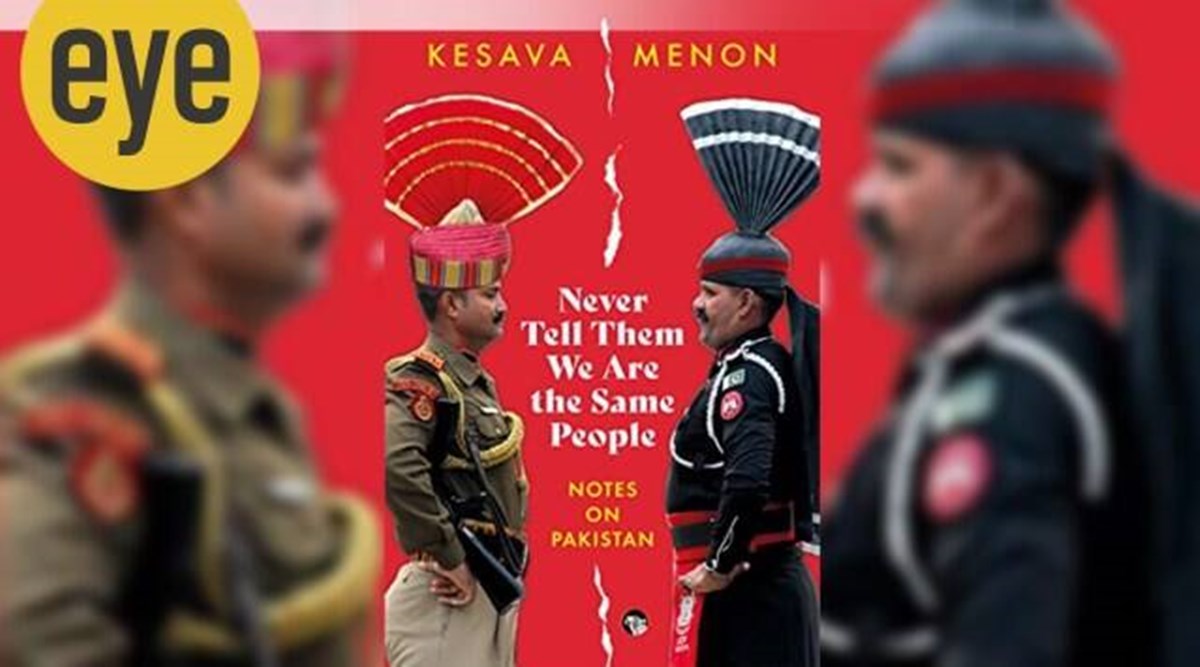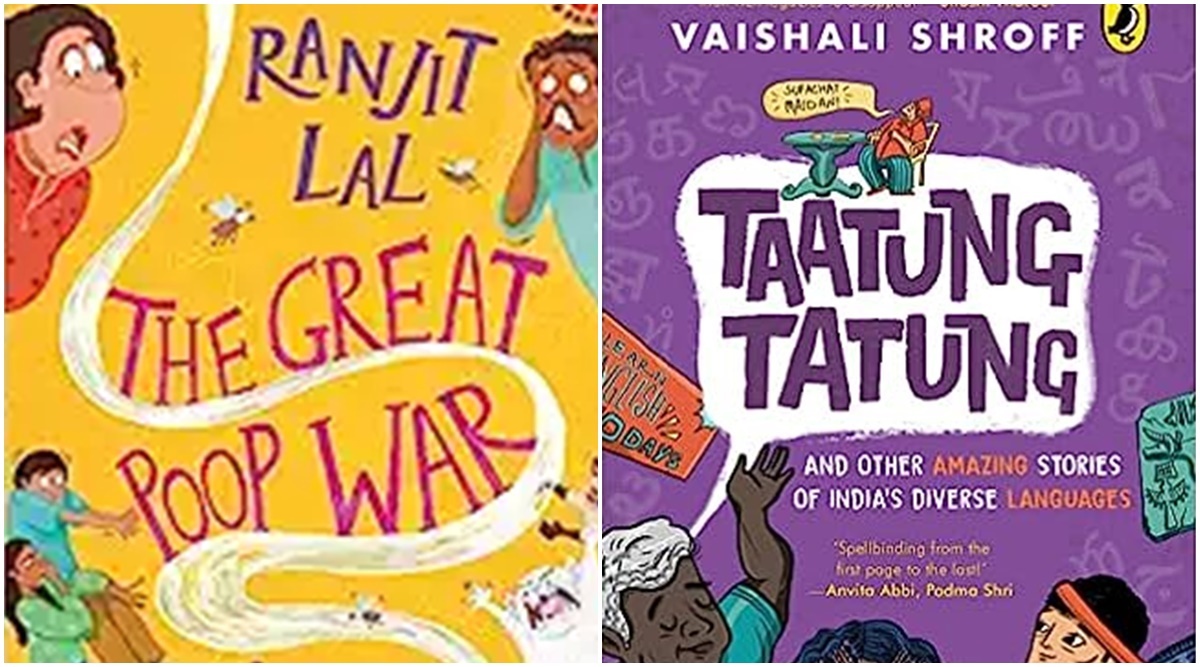📣 For more lifestyle news, click here to join our WhatsApp Channel and also follow us on Instagram
Sunday Long Reads: How a Lavani dancer beat life’s odds using the power of ghungroos, Kajol on her upcoming web series, and others
Here are the week's most interesting reads!
 Popular folk artist and Lavani queen Shakuntala Bai Nagarkari in performance (Photo by Kunal Vijayakar)
Popular folk artist and Lavani queen Shakuntala Bai Nagarkari in performance (Photo by Kunal Vijayakar)
How a Lavani dancer used the power of ghungroos to beat life’s odds
A few years ago, Pune-based Lavani dancer Shakuntala Bai Nagarkar was invited to perform at a concert in Delhi, where a classical dancer treated her like a lesser artist. Shakuntala did not let a single angry word escape her lips. She was given 30 minutes to perform but, an hour later, was still dancing and the audience was asking for more. It was another hour before the organisers could bring down the curtains. “Band bajane ka hai toh stage pe bajana hai. The classical dancer is an eminent artist, but she made the mistake of disrespecting a folk performer,” she says.
Kajol: ‘As women, we are told not to live in a fantasy world’
 Kajol’s web-series, The Trial: Pyaar Kaanoon Dhokha, will start steaming on Disney+Hotstar on July 14.
Kajol’s web-series, The Trial: Pyaar Kaanoon Dhokha, will start steaming on Disney+Hotstar on July 14.
“Kajol, how mad are you on a scale of one to hundred?” asks writer-director Suparn Varma from across the ballroom of a suburban Mumbai hotel. “Three hundred,” comes Kajol’s prompt reply as she gets ready for the next round of promotional activities ahead of the release of her first web-series, The Trial: Pyaar Kaanoon Dhokha, on Disney+Hotstar on July 14. In a room teeming with people, Kajol’s energy is unmissable as she engages in banter and laughs heartily in between her interviews.
Kesava Menon’s Never Tell Them We Are the Same People is a foreign correspondent’s reflections of his time in Pakistan
 Never Tell Them We Are The Same People: Notes on Pakistan, Kesava Menon, Speaking Tiger, 256 pages, Rs 399. (Source: Amazon.in)
Never Tell Them We Are The Same People: Notes on Pakistan, Kesava Menon, Speaking Tiger, 256 pages, Rs 399. (Source: Amazon.in)
Reading this book was part deja vu, part envy. Kesava Menon was The Hindu’s correspondent in Pakistan in the early 1990s. That was a time that Indian journalists were not restricted by three (later one) city-limited entry visas. Menon’s recall of his visits to Swat and Mohenjo Daro was for me a recollection of rejected requests to travel to various places of interest in Pakistan, all in boiler-plate sarkarese. But the story of Menon’s three-decade-ago Pakistan assignment was also replete with moments that mirrored mine some15 years later – including the house that he lived in, though the landlord, the rather colourful Sajjda Nasheen of Islamabad’s famous Bari Imam, had passed on by my time.
Maya, Modi and Azad: Dalit Politics in the Time of Hindutva is an engaging account of the increasing right-wing shift in Dalit politics, especially in UP
 Maya, Modi, Azad: Dalit Politics in the Time of Hindutva, Sudha Pai and Sajjan Kumar, Harper Collins, 336 pages, Rs 599. (Source: Amazon.in)
Maya, Modi, Azad: Dalit Politics in the Time of Hindutva, Sudha Pai and Sajjan Kumar, Harper Collins, 336 pages, Rs 599. (Source: Amazon.in)
I usually avoid reviewing books, but I readily agreed to review Maya, Modi and Azad: Dalit Politics in the Time of Hindutva for two reasons. First, it is led by credible political scientists. Second, both the authors — Pai and Sajjan Kumar – have tried their best to document the various streams and multiple movements of Dalit-Bahujan mobilisations and politics in north India, especially in Uttar Pradesh (UP). We usually talk about the present and past of any socio-political phenomena, but this book provides some insightful reflections on the future of Dalit politics in India, especially in the north.
Neeti Nair’s Hurt Sentiments is an academic’s deep dive into the trajectory of secularism in the subcontinent
 Hurt Sentiments: Secularism and Belonging in South Asia by Neeti Nair; Harvard University Press; 333 pages; Rs 699 (Source: Harvard University Press)
Hurt Sentiments: Secularism and Belonging in South Asia by Neeti Nair; Harvard University Press; 333 pages; Rs 699 (Source: Harvard University Press)
Neeti Nair, associate professor of History at the University of Virginia, opens Hurt Sentiments: Secularism and Belonging in South Asia with the event that had set her off on the book: “On a cold December afternoon in 2019, I paused work to listen to India’s home minister, Amit Shah, explain the rationale for the Citizenship Amendment Bill about to be passed through India’s Parliament… Shah… declared that through the bill, the Narendra Modi government intended to undo the wrong committed by the Liaquat-Nehru pact. The agreement of April 1950, known as the Delhi Pact, undertook to protect minorities in India and Pakistan, assure them of their place within the newly divided nations, and end the violence and displacement that had characterised the months and years soon after independence and partition,” she writes.
A mix of recently published fiction and non-fiction books for middle graders that are perfect to stay at home with
 Here’s a selection of fiction and non-fiction books that are just right for the young ‘uns (Source: Amazon.in)
Here’s a selection of fiction and non-fiction books that are just right for the young ‘uns (Source: Amazon.in)
From learning about the creation and erasure of Indian languages to experiencing vicariously the emotional turmoil of having bullies for friends, here’s a selection of fiction and non-fiction books that are just right for the young ‘uns.
How would visa interviews go if Earthlings were to find their way to a new habitable planet?
 A view of Earth with its global ocean and cloud cover (Source: Wikimedia Commons)
A view of Earth with its global ocean and cloud cover (Source: Wikimedia Commons)
We have already taken it for granted that sometime in the future we shall be colonising other planets. Thankfully, as of now, no salubrious substitute seems to be around. But let’s assume that there is a planet which is the Earth’s twin (Earth 2.0), circling somewhere in the solar system, with intelligent life on it, and the first tranche of human immigrants touches down and applies for visas (on arrival, of course).
Vajpayee, the first instalment of Abhishek Choudhary’s biography of Atal Bihari Vajpayee is a lesson in how to write a political biography in New India
 Atal Bihari Vajpayee (sitting, left) with BS Shekhawat and LK Advani (standing). (Source: Picador India)
Atal Bihari Vajpayee (sitting, left) with BS Shekhawat and LK Advani (standing). (Source: Picador India)
The late Philip Roth, who managed to produce several examples of the Great American Novel, developed a pattern in the 1990s and 2000s, when he produced some of his best work. The reader would be introduced to a character – sometimes Roth himself, often his alter ego, Nathan Zuckerman – who is invariably a Jewish male from New Jersey.
📣 For more lifestyle news, click here to join our WhatsApp Channel and also follow us on Instagram



- 01
- 02
- 03
- 04
- 05
























